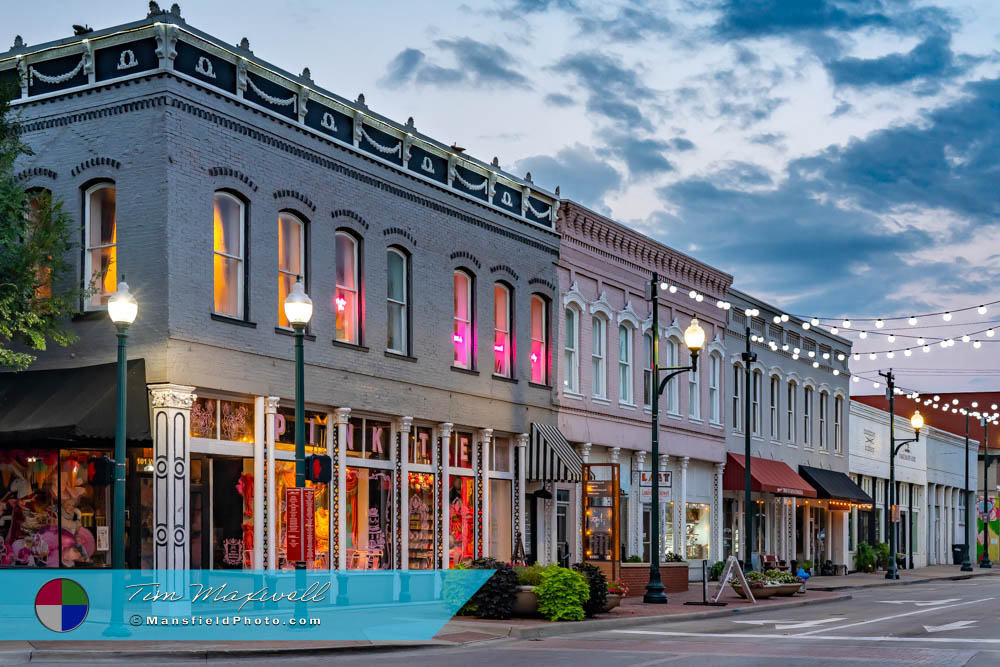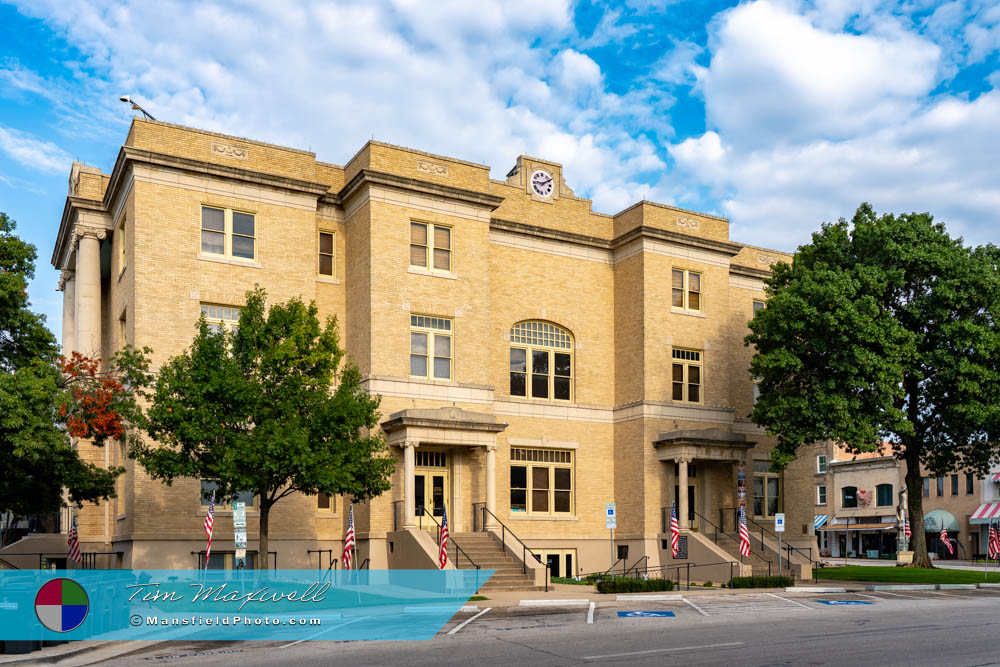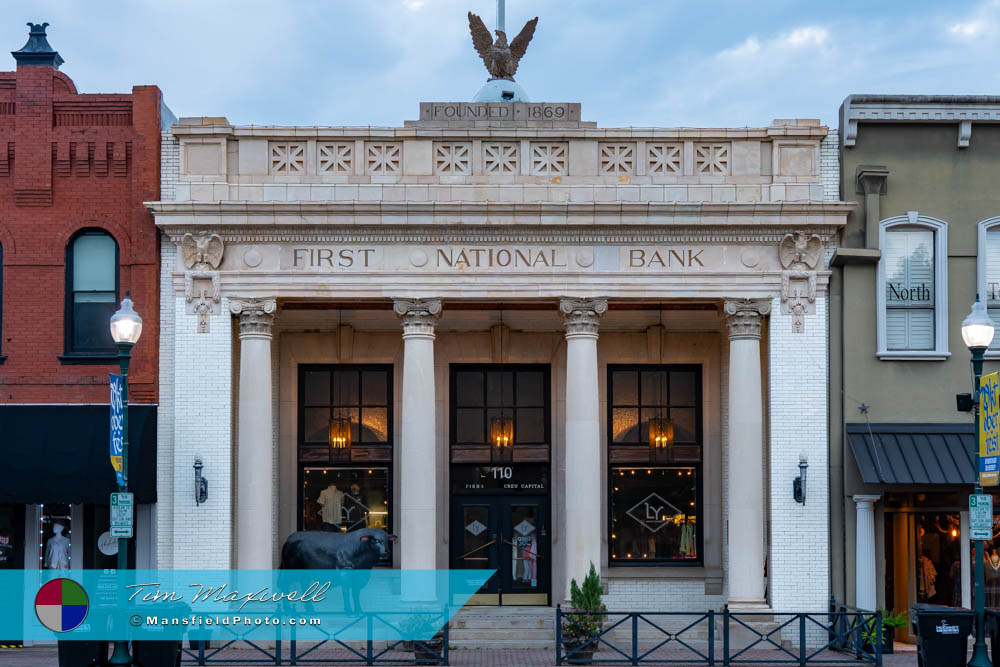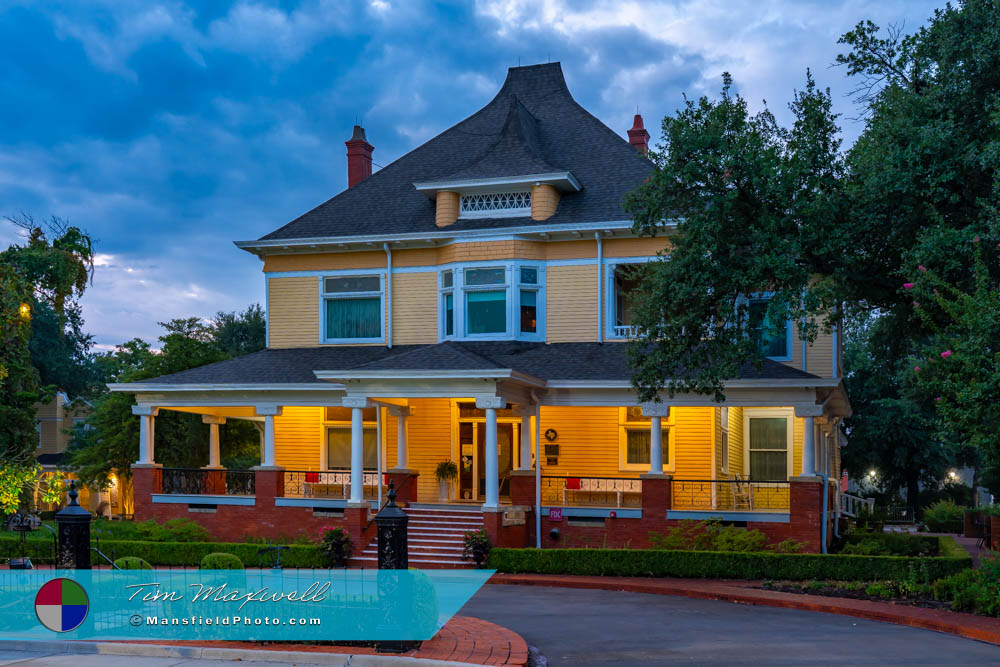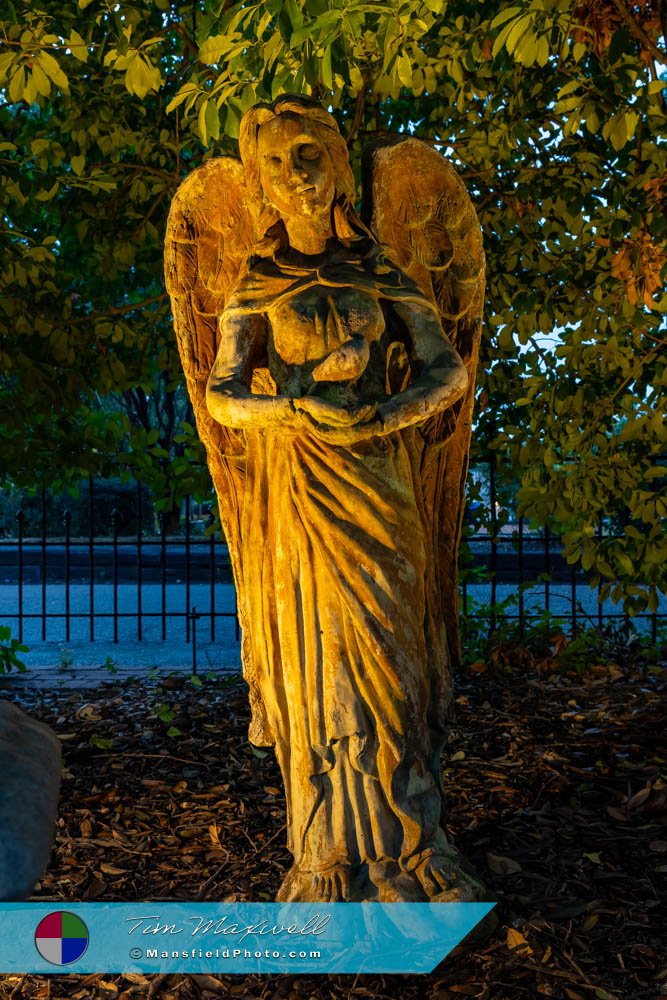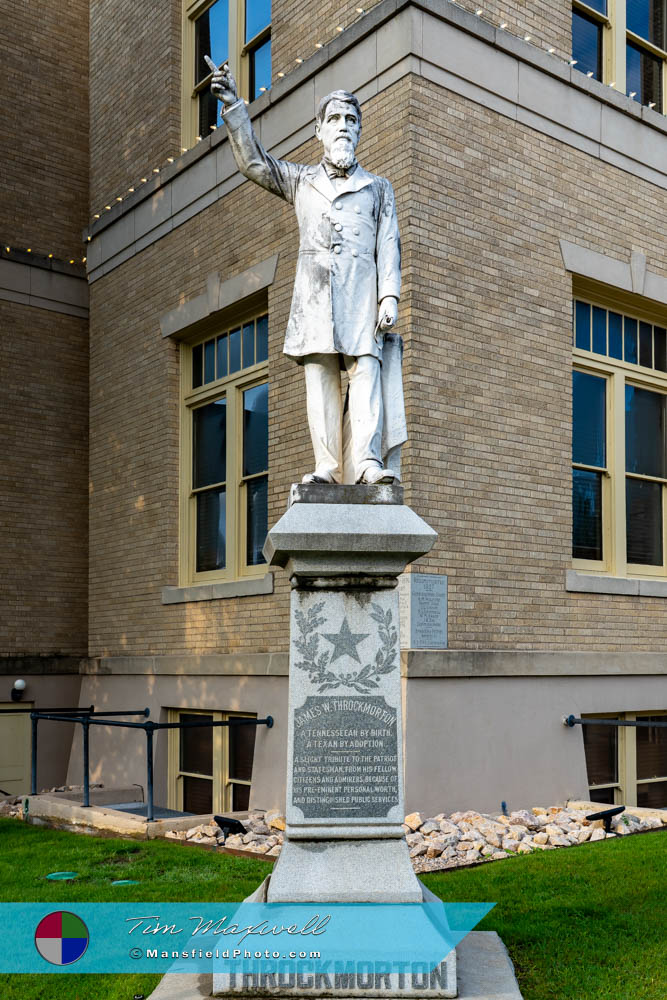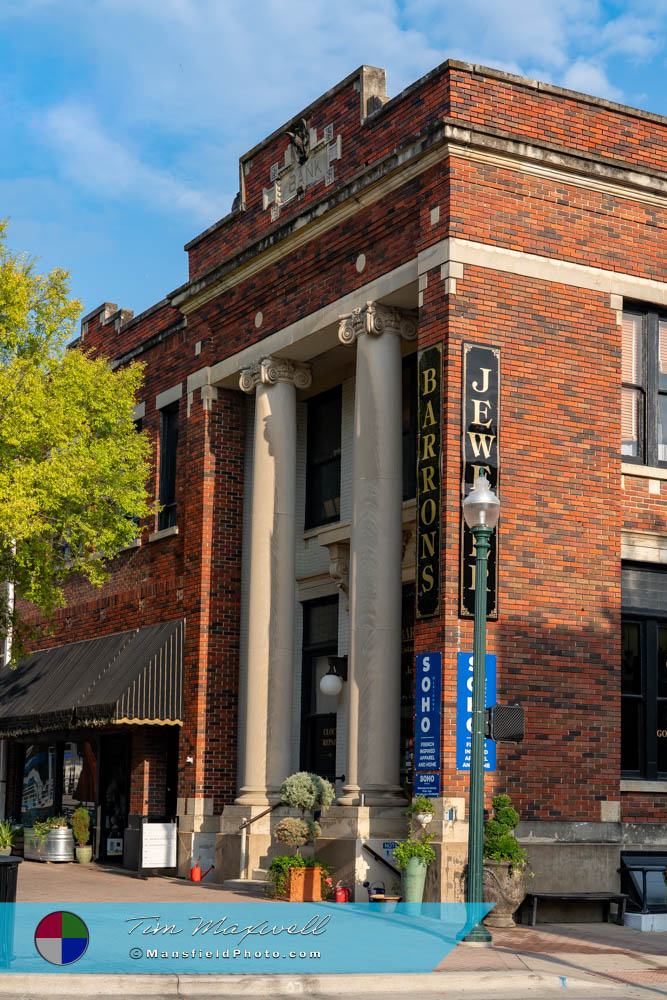McKinney, Texas
– From Courthouse Square to Modern Flair. 📖
If you were placed in the middle of downtown McKinney, you would think it is a beautiful and thriving small town with its historic courthouse and surrounding square. But with a population approaching a quarter of a million people, it is far from being a small town. Yet its historic downtown radiates small-town charm, from sturdy century-old buildings to elegant Victorian homes. The city has evolved from a modest county seat into one of North Texas’ most dynamic communities while still honoring its past.
From County Seat to Community
Collin County was formed in 1846 with its only settlement, Buckner, automatically serving as the county seat. However, state law required a vote to move the seat closer to the county’s center. On a stormy day in 1848, just eleven hardy voters cast their ballots, and the decision was made to relocate. The newly established town became the county seat, and in tribute to one of the state’s founding fathers, it was named after Collin McKinney, a signer of the Texas Declaration of Independence.
The Courthouse at the Heart of It All
The earliest courthouses were simple wooden buildings, serving as hubs for both justice and community events. As Collin County grew, so did the need for a more substantial structure. A limestone courthouse was constructed between 1874 and 1875, opening in 1876. Designed by architect Charles Wheelock, this two-story Victorian edifice boasted a steep mansard roof and east-facing main entrance. It quickly became the backdrop for parades, celebrations, and civic pride.
By the 1920s, however, the courthouse had outlived its capacity. Major renovations transformed it into a classical revival structure, complete with tripartite windows framed by classical columns. Completed in 1927 and nicknamed the “Temple of Justice,” this courthouse served the county until 1979. Today, it remains a visual anchor for the historic square and a lasting monument to the area’s civic story.
Banking on the Future
Not far from the courthouse, another landmark chronicles economic history: the First National Bank building. Entrepreneur Francis Emerson founded a banking firm in 1869 that eventually evolved into First National Bank in 1882. By 1912, the bank acquired a prime site opposite the courthouse and built a striking classical revival-style structure. Its glazed bricks, massive columns, cast-stone details, and gilded eagle spoke to stability and ambition. Over the decades, it housed multiple financial institutions, each chapter adding to the city’s commercial vitality.
A Notorious Ambush
The peaceful square belies a wilder chapter in North Texas history. In 1935, after the deaths of Bonnie and Clyde, two of their fellow outlaws, Raymond Hamilton and Ralph Fults, continued their spree. Having robbed the Beaumont Armory, they stashed their loot with a bootlegger near town. On February 24, they returned to collect it. As they crossed a culvert north of town, Collin County officers lay in wait. The ambush resulted in gunfire that wounded Hamilton, but both men escaped, abandoning their stolen Ford coupe in Weston. The episode remains a footnote in the turbulent crime wave of the Depression era, linking the quiet county seat to the nation’s fascination with outlaw legends.
Layers of Living History
Downtown remains a time capsule of the city’s growth. The Victorian homes lining tree-shaded streets speak to a 19th-century prosperity built on trade and agriculture. Sturdy brick storefronts, many lovingly restored, now house boutiques, restaurants, galleries, and coffee shops, blending old architecture with modern energy. The courthouse square serves as the cultural core, hosting festivals, art shows, and community gatherings that echo the celebrations of generations past.
The Modern City
While its heart retains a sense of intimacy, today’s city is a major player in the Dallas–Fort Worth metroplex. Its population has soared as families, professionals, and entrepreneurs are drawn to its schools, parks, and quality of life. Technology firms, healthcare providers, and retail developments have flourished alongside historic districts. This dual identity—modern city and guardian of heritage—has made it a model for balancing rapid growth with preservation.
Why It Matters
The story of this city is more than dates and buildings. It reflects the broader narrative of Texas itself: ambitious, adaptive, and deeply connected to its roots. Collin McKinney’s name endures not only on maps and signs but in the civic spirit that prizes both progress and memory. From the quiet vote of eleven citizens in 1848 to a bustling, sophisticated city in the 21st century, it stands as proof that honoring history can enrich the future.
📸 Interested in More Photos of This Town?

